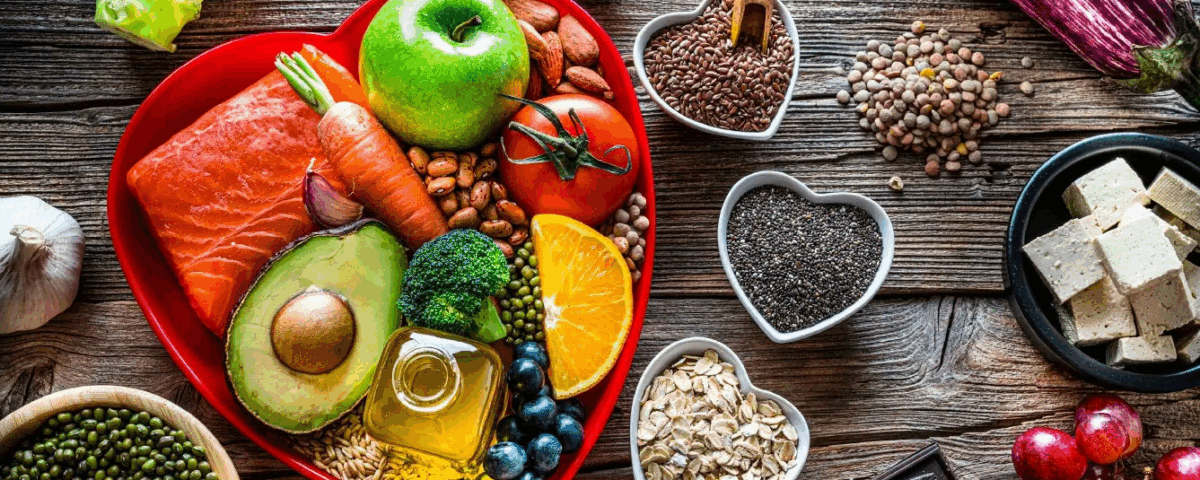
Best Gastroenterologists for Digestive Health Treatment
August 12, 2025
Best Dermatology Treatments for Acne and Skin Glow
August 12, 2025Gut health plays a crucial role in our overall well-being. A healthy digestive system doesn’t just help with proper digestion — it also supports your immune system, mental health, and even your energy levels. Gastroenterology experts consistently emphasize that what you avoid eating can be just as important as what you add to your diet.
In this article, we’ll explore the top foods that may harm your gut health, why they are problematic, and what better alternatives you can choose. These tips are backed by research and real-life advice from gastroenterology professionals, so you can start making small but impactful changes today.
Why Gut Health Matters
The gut is home to trillions of bacteria, collectively called the gut microbiome. These bacteria help break down food, produce essential nutrients, and maintain a balanced immune system.
When your gut bacteria are healthy and diverse, you enjoy better digestion, stronger immunity, and a reduced risk of chronic illnesses. But when your gut balance is disrupted — often due to poor food choices — it can lead to problems such as:
- Bloating and gas
- Constipation or diarrhea
- Inflammation
- Reduced nutrient absorption
- Weakened immunity
That’s why gastroenterologists stress avoiding certain foods that can harm your digestive health.
1. Processed Foods
Why They’re Harmful
Processed foods like chips, instant noodles, frozen pizzas, and packaged snacks often contain:
- Refined sugars
- Unhealthy fats
- Artificial additives
These ingredients can disrupt the balance of good and bad bacteria in your gut. Many processed foods also lack dietary fiber, which is essential for healthy digestion.
Better Alternative
Opt for whole, unprocessed foods like fresh fruits, vegetables, whole grains, and lean proteins. Instead of chips, snack on air-popped popcorn or nuts.
2. Sugary Foods and Beverages
Why They’re Harmful
Excess sugar feeds harmful bacteria and yeast in your gut, allowing them to multiply and overpower beneficial bacteria. Sugary sodas, cakes, candies, and sweetened drinks can cause inflammation and digestive discomfort.
Better Alternative
Choose natural sweeteners in moderation, such as honey or maple syrup. Drink water infused with lemon or herbal tea instead of soda.
3. Artificial Sweeteners
Why They’re Harmful
While marketed as “diet-friendly,” artificial sweeteners like aspartame, sucralose, and saccharin can negatively affect your gut microbiome. Research shows they may reduce the diversity of healthy bacteria and trigger digestive problems.
Better Alternative
Use natural sweeteners like stevia or small amounts of raw honey, and avoid overuse.
4. Fried and Greasy Foods
Why They’re Harmful
Fried foods like French fries, fried chicken, and donuts are high in trans fats and difficult for the body to digest. They can slow down digestion, cause bloating, and increase the risk of heart disease.
Better Alternative
Opt for grilled, baked, or steamed foods. Instead of deep-frying, try air-frying for a crispy texture with less oil.
5. Excessive Alcohol
Why It’s Harmful
Drinking too much alcohol can damage the stomach lining, disrupt gut bacteria balance, and lead to inflammation. It can also cause acid reflux, bloating, and diarrhea.
Better Alternative
Limit alcohol intake and choose gut-friendly beverages like kombucha, herbal tea, or sparkling water with fresh fruit.
6. Dairy Products (for Some People)
Why They’re Harmful
Many adults are lactose intolerant without realizing it. Milk, cheese, and ice cream can cause bloating, cramps, and diarrhea for those sensitive to lactose.
Better Alternative
If you’re lactose intolerant, try lactose-free milk or plant-based options like almond, oat, or soy milk.
7. Red and Processed Meats
Why They’re Harmful
High consumption of red meats (like beef and pork) and processed meats (like sausages and hot dogs) can lead to inflammation, slow digestion, and negatively affect gut bacteria diversity.
Better Alternative
Choose lean protein sources like fish, chicken, eggs, beans, and lentils.
8. Gluten (for Sensitive Individuals)
Why It’s Harmful
While gluten is safe for most people, those with celiac disease or gluten sensitivity may experience bloating, abdominal pain, and fatigue after eating bread, pasta, or baked goods containing wheat.
Better Alternative
Opt for gluten-free grains like quinoa, rice, or buckwheat.
How to Support Your Gut Health Daily
While avoiding harmful foods is essential, gastroenterology experts recommend adding gut-friendly habits to your daily routine:
- Eat more fiber from vegetables, fruits, legumes, and whole grains.
- Stay hydrated to keep digestion smooth.
- Include probiotics like yogurt, kefir, and fermented foods.
- Reduce stress, as it can impact digestion.
- Get enough sleep for overall health.
Final Thoughts
Your gut health affects far more than digestion — it influences your immunity, energy, and even your mood. By avoiding these harmful foods and replacing them with healthier alternatives, you can improve your digestive health and overall well-being.
Remember, the goal isn’t perfection. Even small, consistent changes can lead to big improvements over time.
FAQs
1. Can I eat these harmful foods occasionally?
Yes, occasional indulgence won’t ruin your gut health. The key is moderation and maintaining a generally healthy diet.
2. How long does it take to improve gut health?
You may notice changes in digestion within a few weeks, but long-term benefits come from consistent healthy eating.
3. Are probiotics necessary for good gut health?
While not mandatory, probiotics can help balance gut bacteria, especially after antibiotics or digestive issues.
4. Is coffee bad for the gut?
Moderate coffee intake is generally fine, but excessive caffeine can irritate the stomach in some people.
5. What’s the simplest change I can make today?
Start by reducing processed sugar and adding more fiber-rich foods like fruits and vegetables.



